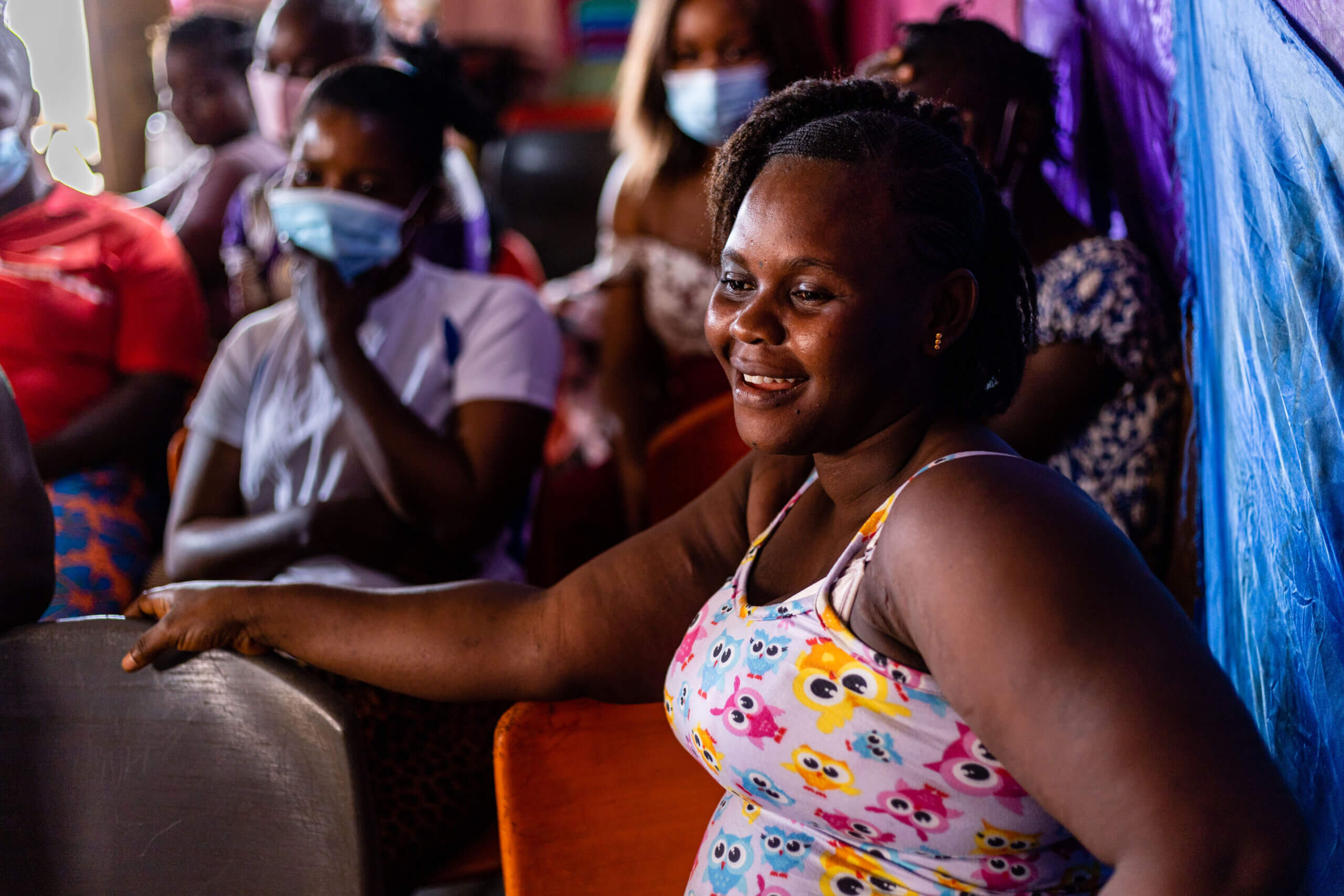Going the distance in Malawi
By Kate Flanagan
Last month, I traveled to Lilongwe to work with the team at Banja La Mtsogolo. That’s what MSI’s program is called there. I met the incredible group of doctors, nurses, midwives and outreach team members who together with support from donors are providing 65% of all of Malawi’s contraception. I learned a lot from my colleagues there; about the challenges they face, the clients they serve, and the importance of US donor support to the women of Malawi.
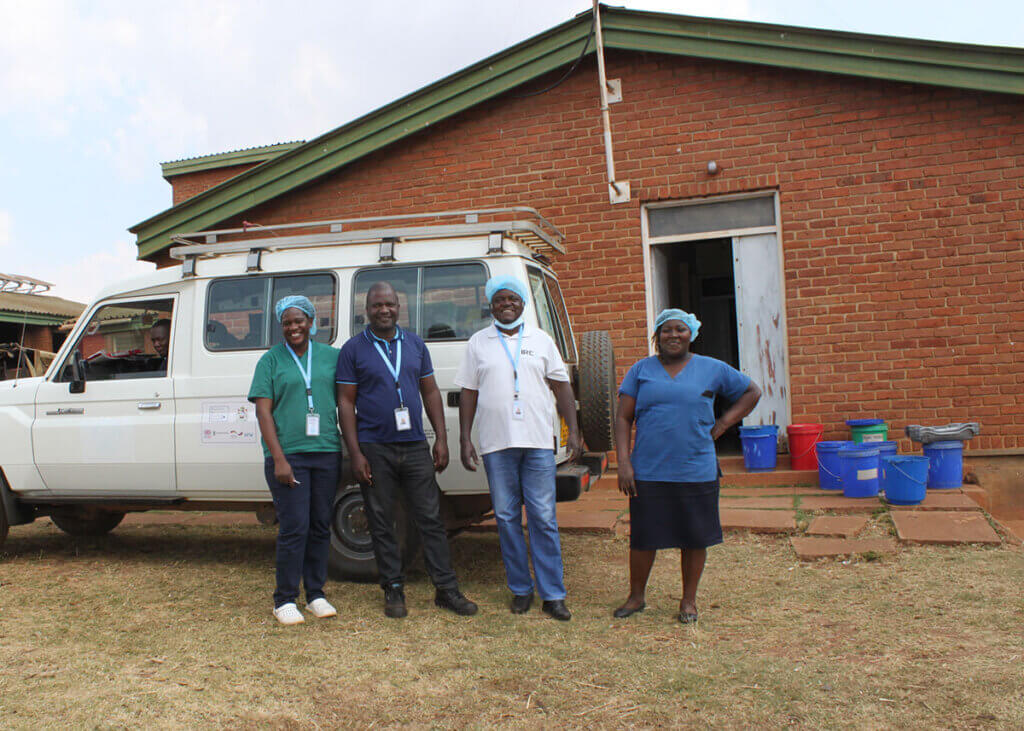
As we drove out of the city to outreach sites, we passed long lines at every gas station. Malawi is in the grips of a national fuel crisis, and drivers will wait for hours based on just a rumor that gas might be available somewhere. MSI’s 17 outreach teams have no choice but to wait for gas too—there is no other option, they have to show up. If they don’t, there will be life-threatening consequences for the women waiting to meet them.
Since returning home, I’ve been thinking a lot about how we measure distance. The drive to a rural outreach site along dirt paths felt long, but it was only two hours for us by car. For the women we passed on the road, walking on foot with children on their backs and loads on their heads, it was certainly much longer. At one outreach site in central Malawi, we asked a client how far she had traveled that day. She didn’t know how many kilometers she’d walked, but she knew it had taken her over three hours to reach us and she would have to wait until morning to walk home. But all of that was worth it, because she was taking control.
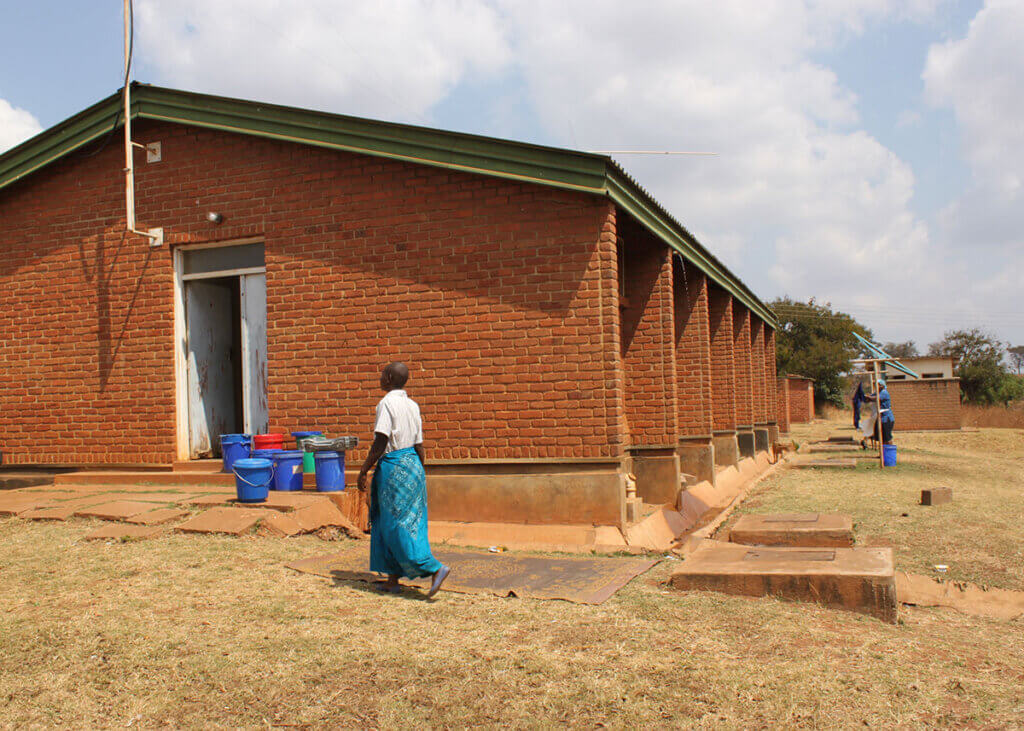
At the Chimbalanga health center, MSI doctors work side by side with public sector providers. MSI’s close partnerships with governments allow us to reach more women in rural communities with services like long-acting and permanent contraceptive methods, which otherwise might not be available.
We spoke to Patricia, a 21-year-old with a young child there. She’d been forced to drop out of school when she became pregnant. Now, she wanted to start using a contraceptive implant, to avoid future unintended pregnancies so she could focus on caring for her toddler.
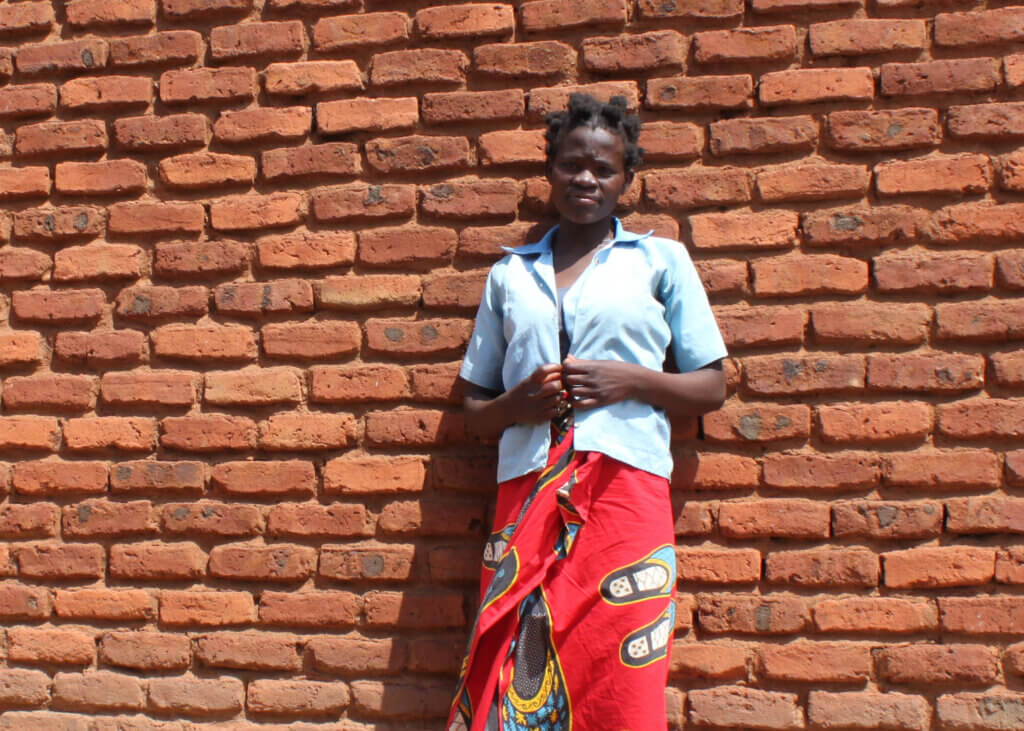
For many of the women I spoke with, MSI’s outreach teams are the only option for safe, high-quality reproductive healthcare. These are our “last mile” clients: women who live in the most remote parts of the world, beyond the reach of the national healthcare system. With just three or four providers, up to 200 clients can get the care they need and want in a single day. Outreach teams are on the road for about a week at a time, camping between villages. They leave their own families behind to do this work. It’s that important to them. And, they couldn’t do it without donor support. The support makes a difference: In 2022, 174,000 people in Malawi received necessary care thanks to donor funding.
Our outreach teams quite literally go the last mile – past the point where the paved road gives out or the gas tank runs empty. When they can’t get there by truck, they take motorbikes or even walk. They know that if they don’t go, there will be consequences for the women who have walked hours to meet them.
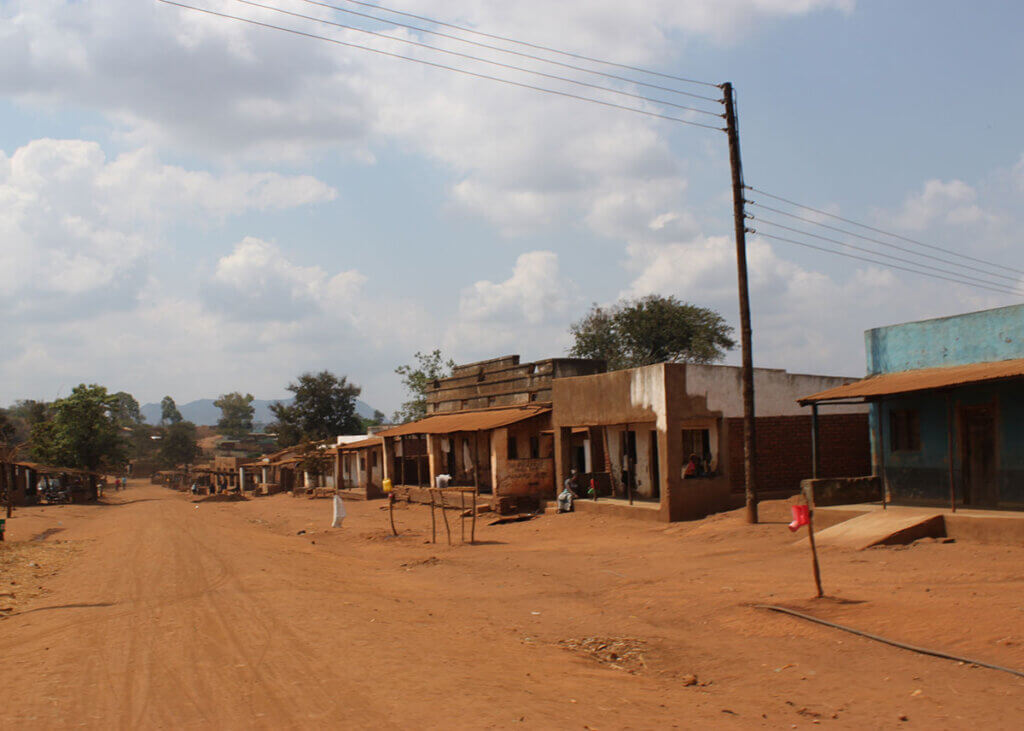
And that brings me back to distance. Here in the US, we are thousands of miles away from the women whose lives MSI’s US donors transform. The work can feel very faraway sometimes. But our collective future is made so much brighter because they have decided to extend a hand across all that distance – to lift up the women and girls we serve.




